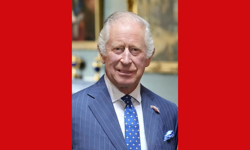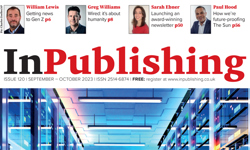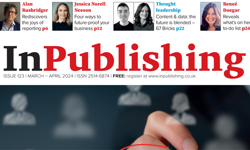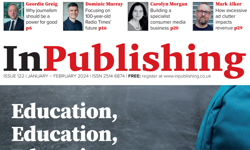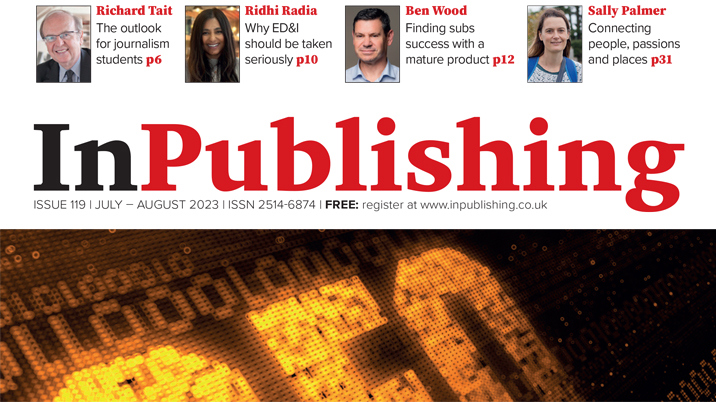
The July / August issue of InPublishing magazine was mailed out last week. Here are some of my takeaways from it:
- With the recent Huw Edwards saga, the BBC news division showed that it was capable of doing something no newspaper would ever do – investigate itself.
- For AI art, the teacher is existing data. It reproduces and often magnifies stereotypes, cliches, biases and prejudices. Ask it to paint an ‘engineer’ and you get mainly males, mostly white, wearing hard hats and holding building plans.
- When addressing ED&I challenges, a key tool is measurement and data. Having data helps you spot the problem areas and makes it so much easier to come up with a plan.
- When devising subscription strategies for high value products, consider adopting multiple product tiers, using the ‘Good, Better, Best’ model. Each level unlocks higher-value content and features, better product functionality, and are priced accordingly.
- The key to successful selling is understanding that you are not selling space, you are selling readers. You are selling your standing in the market and all the hard work you’ve put in to deliver an engaged reader who will be receptive to their messaging.
- Publishers fear that online traffic will be adversely affected by innovations in AI driven chat functions that are being built into Google and Bing search engines. Early prototypes show how information requests will be served up directly with fewer organic links to websites.
- Research shows that many women journalists make decisions based on avoidance of online harm – with victims choosing to change roles, reduce online visibility and, in extreme cases, leave the industry entirely.
- Journalists have typically been poor at seeing what is coming down the road and preparing for it, because they’re simply too busy. That is why academics are often at the forefront of new research in areas such as artificial intelligence, data science and audience engagement.
- Publishers need a holistic approach to optimisation that requires input, alignment and support from all areas of the business. SEO can no longer be something that happens quietly in a corner somewhere controlled by a handful of people.
- If MPs were on the receiving end of belligerent letters from libel lawyers and facing £1million costs in going to court to defend themselves, maybe there would be more urgency for reform of the libel laws.
- When deciding which stories to include, an editor should run everything through the ‘Why this? Why us? Why now?’ filter. It’s very useful when trying to articulate why to – and not to – include something.
- With Harry’s self-styled and ongoing ‘crusade’ against the British tabloids, King Charles and Prince William may have to gird their loins for a protracted, headline-grabbing international soap opera unlikely to end any time soon.
- Balancing ‘new stuff’ against ‘old stuff’ is the single biggest management challenge for any media company. What has become clearer than ever through 2023 is that many legacy activities need to have their life extended for a little longer than people were thinking even a year ago.
If you want to read the full issue, then please register here. Once you’ve completed your registration, you’ll be provided with a link to the digital edition.
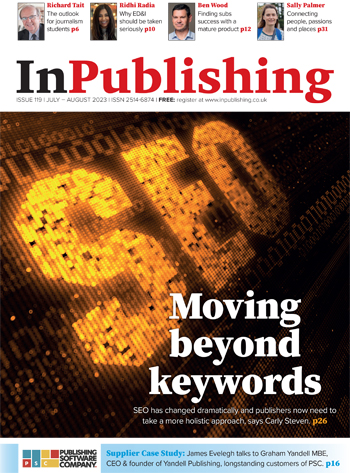
You can catch James Evelegh’s regular column in the InPubWeekly newsletter, which you can register to receive here.


